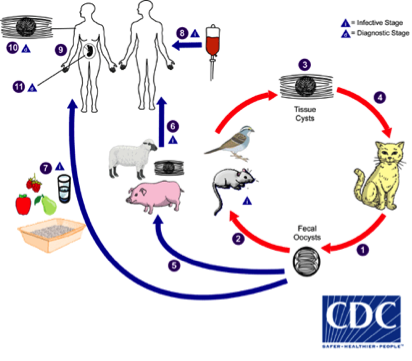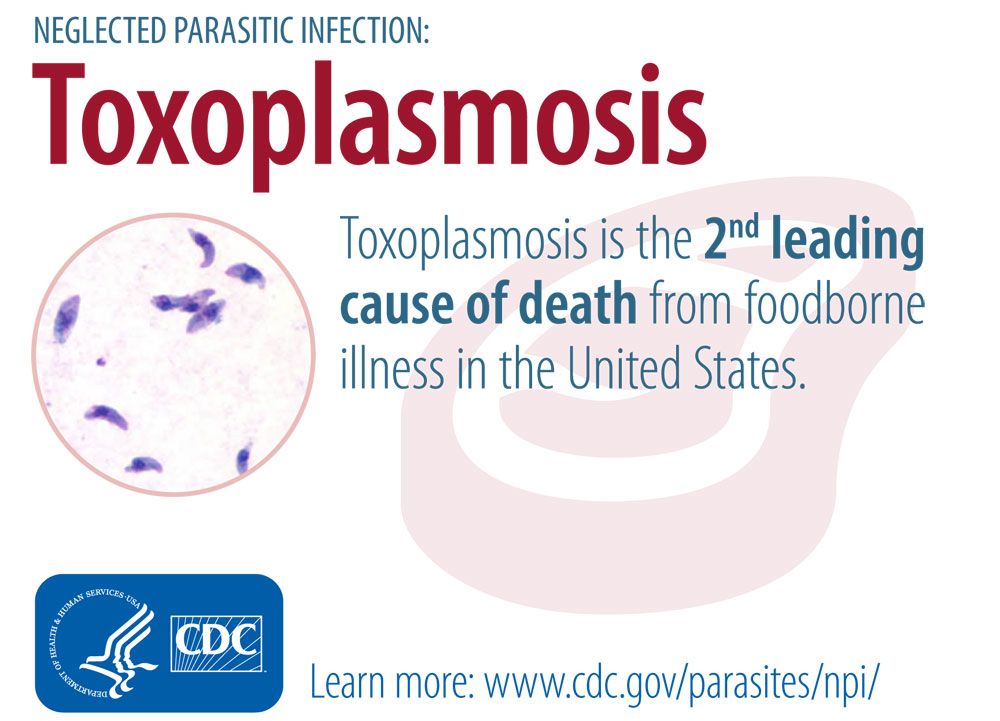By: Nicole Arnold & Lily Yang
For most cat owners, Charles Carlos’s (aka Charlie Cat), strangeness and fluctuating love-hate personality is nothing new. To add to his weird behavior, he has an obsession with drinking running water from the sink. Charlie (who incessantly meows until he gets his way) makes it clear when the water provided in his bowl is not up to his standards. When my family first got Charlie, we had to set some boundaries. Charlie’s fondness for running tap water prompted him to jump up on the kitchen counter. It was our goal to keep his paws off of the food preparation and eating areas as his addiction to running-water resulted in many trips to the litter box (ground zero for microbial growth). Thankfully, a couple of spritzes from the spray bottle quickly taught Charles exactly which sinks were and were not “his.”

Source: http://www.lovethisgif.com/uploaded_images/72597-Published-September-23-2013-At-350-223-In-Purrfect.gif
As a Food Scientist, I am familiar with the association between cats and toxoplasmosis. I find it slightly annoying when I habitually come across articles with sound-bytes such as “How your cat is controlling your mind,” or “How your cat is plotting to kill you”, insinuating that not only are all cat owners going to turn into crazy cat ladies one day; but, their cats are the root cause of evil. Sure, toxoplasmosis has been linked to schizophrenia in cat owners (and shouldn’t be taken lightly), but that is only half of the story.
So… what exactly is toxoplasmosis? How do you become infected, and exactly what does it do to you?
Toxoplasma gondii (T. gondii) is a parasite that can infect humans via multiple modes of transmission, besides just from your cat. Individuals can become infected through consuming raw or undercooked meat containing the parasite (pork, lamb, goat, wild game meat, etc.) (CDC 2016). Infection can also occur prenatally or from receiving an organ transplant from an infected person (CDC 2016). Cats are unique hosts in that they are the only host that can shed an environmentally resistant form of the organism (oocyst) (CDC 2016). Woah! Therefore, ingesting food, water, or soil that has come in contact with cat feces can also lead to toxoplasmosis. Hence, litter box cleaning has been associated with T. gondii infection.

Source: http://www.cdc.gov/parasites/toxoplasmosis/biology.html
For the average healthy human, toxoplasmosis is usually asymptomatic with mild symptoms including fever, malaise, and swollen lymph nodes (CDC 2016). Some infected individuals may experience eye disease (CDC 2016). T. gondii poses an even greater concern to YOPI populations (young, old, pregnant, immunocompromised). Pregnant women are advised against cleaning litter boxes for the duration of their pregnancy. Babies that contract T. gondii prenatally may demonstrate developmental delays, blindness, and/or epilepsy. Additionally, the pregnancy can also result in stillbirth or abortion (CDC 2016).

Source: http://www.cdc.gov/parasites/toxoplasmosis/biology.html
It is estimated that more than 60 million people in the United States may be infected with T. gondii (CDC 2013). In fact, in some populations around the world, over 90% of individuals may be infected (Pappas and other 2009). The CDC has named toxoplasmosis as one of the Neglected Parasite Infections, a group of five parasitic diseases that have been targeted for further public health action (CDC, 2016). Though T. gondii is not as frequently publicized as some of the other foodborne pathogens, it is considered to be a leading cause of death attributed to foodborne illness in the United States (CDC 2013). In conjunction with the food industry, food scientists strive to further improve the safety of such products against T. gondii. By utilizing processing techniques such as freezing and thermal cooking, T. gondii cysts can be rendered inactive (Guo and others 2015). Likewise, consumers can proactively prevent toxoplasmosis by properly washing their hands prior to preparing food, thoroughly cooking raw meats, preventing cross-contamination of raw foods to cooked foods/utensils, and for cat owners – cleaning out their kitty’s litter box daily (CDC 2015).

Source: https://media.giphy.com/media/shIRdgYzujbZC/giphy.gif
Kitty tips:
- Change out litter boxes daily as the parasite is not infectious until 1-5 days until after it has been shed.
- Wash your hands for 20 seconds (sing that “Happy Birthday” song 2X) after you change the litter
- Keep cats indoors are prevent them from hunting and consuming undercooked meat
- Pregnant women: find someone else to school your kitty’s litter box for the duration of your pregnancy
- Take your kitty to the vet for yearly health examinations or if you suspect your kitty may be ill
References
Centers for Disease Control and Prevention (CDC) (2013) Parasites – Toxoplasmosis (Toxoplasma infection). In: Toxoplasmosis. https://www.cdc.gov/parasites/toxoplasmosis/. Accessed 11 Oct 2016
Centers for Disease Control and Prevention (CDC) (2016) Parasites – Neglected Parasitic Infections (NPIs). https://www.cdc.gov/parasites/npi/. Accessed 11 Oct 2016
Guo M, Buchanan RL, Dubey JP, et al (2015) Qualitative Assessment forToxoplasma gondii Exposure Risk Associated with Meat Products in the United States. J Food Prot 78:2207–2219. doi: 10.4315/0362-028x.jfp-15-270
Pappas G, Roussos N, Falagas ME (2009) Toxoplasmosis snapshots: Global status of Toxoplasma gondii seroprevalence and implications for pregnancy and congenital toxoplasmosis. Int J Parasitol 39:1385–1394. doi: 10.1016/j.ijpara.2009.04.003
The Humane Society of the United States Pregnancy and Toxoplasmosis. In: Pregnancy and Toxoplasmosis. http://www.humanesociety.org/animals/resources/tips/toxoplasmosis.html?referrer=https://www.google.com/. Accessed 11 Oct 2016






Leave a Reply